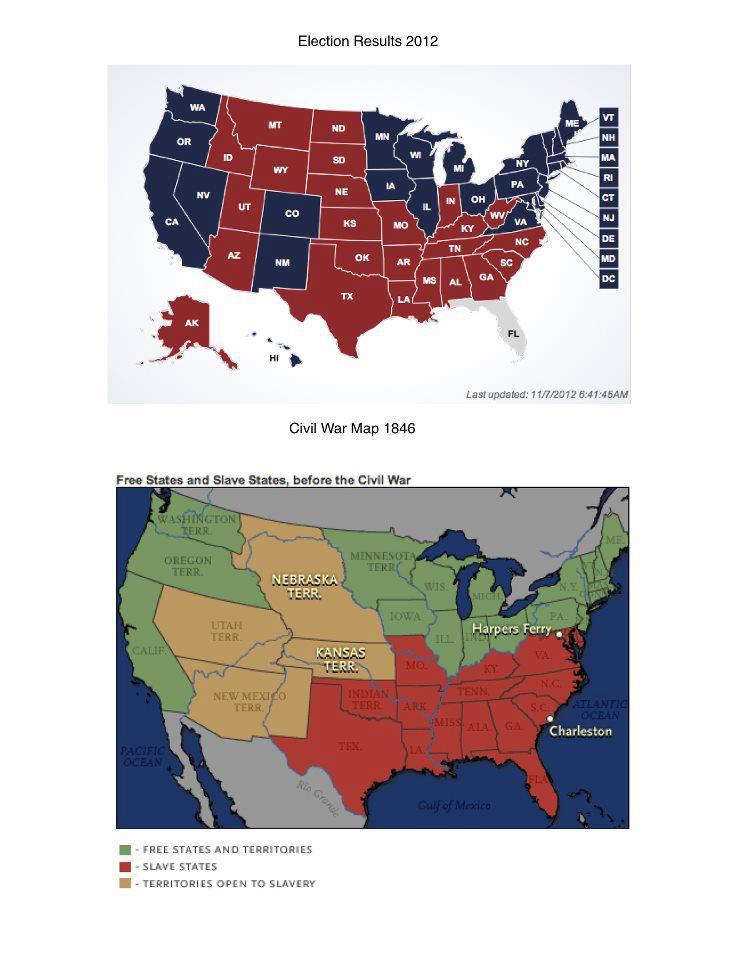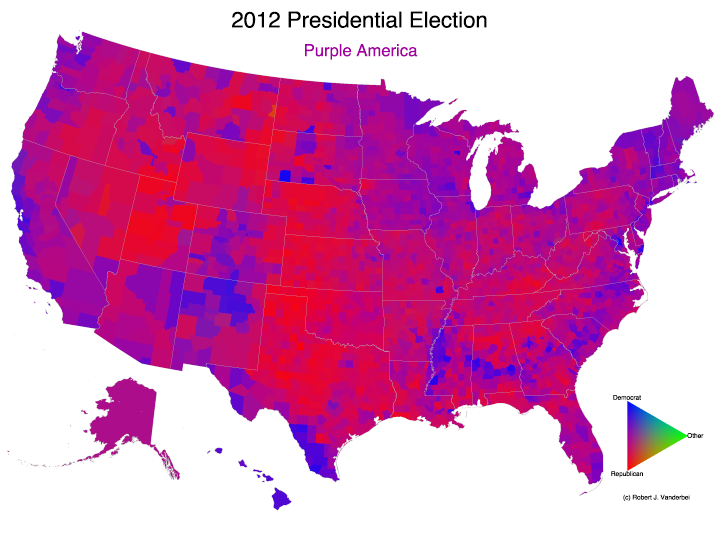The Moral Stereotypes of Liberals and Conservatives: Exaggeration of Differences across the Political Spectrum
Not surprisingly, the research found that both liberals and conservatives exaggerate the political extremity of their opposition. Perhaps less obvious, both groups also exaggerate the extremity of their own side's views. Also less obvious, liberals were least accurate in assessing the extremity of liberal and conservative beliefs.
The introduction opens with these ridiculous quotes:
“The national Democratic Party is immoral to the core. Any American who would vote for Democrats is guilty of fostering the worst kind of degeneracy. The leaders of this party are severely out of touch with mainstream, traditional American values. They are crusaders for perversion, for licentiousness, for nihilism and worse.”—Joseph Farah [1], World Net Daily
The article talks about how, in some cases, people tend to downplay the stereotypes they believe. For example, people may be less willing to admit the stereotypes they believe about racial minorities, because they don't want to seem racist. In other cases, though, people are are not only comfortable with stereotypes, but even exaggerate stereotypes. The liberal vs. conservative dichotomy seems to cause that kind of reaction.“Republicans don't believe in the imagination, partly because so few of them have one, but mostly because it gets in the way of their chosen work, which is to destroy the human race and the planet. Human beings, who have imaginations, can see a recipe for disaster in the making; Republicans, whose goal in life is to profit from disaster and who don't give a hoot about human beings, either can't or won't.”—Michael Feingold [2], Village Voice
The research here focused on five foundations for moral virtues:
- Harm/care (sympathy, compassion, and nurturance);
- Fairness/reciprocity (rights and justice);
- Ingroup/loyalty (patriotism and "us vs. them" thinking);
- Authority/respect (traditions, maintaining social order); and
- Purity/sanctity (moral disgust, spiritual concerns about treating the body as a temple).
The first two groups are called the "individualizing" foundations because they're usually with respect to individuals. The other three groups are called "binding" foundations because they usually involve people in connection with larger groups. Apparently studies show liberals tend to value individualizing foundations more, and conservatives tend to value binding foundations more.
But how much more? It's not as if conservatives are totally indifferent to compassion or justice. It's not as if liberals completely dismiss traditions or spiritual concerns. Is it? Are there huge chasms between us, or are these differences more subtle?
In this research, participants identified their political leanings and then answered questionnaires. Questionnaires asked participants to give their own views, the views of a "typical liberal," and the views of a "typical conservative." The researchers could then compare how liberals and conservatives actually answer to how people think liberals and conservatives would answer.
Results
- In general, people understood that liberals value the harm/fairness more, and conservatives value ingroup/authority/purity more.
- While people understood who valued what more, people exaggerated the differences. The actual answers "typical" liberals and conservatives gave were not as different as people thought they'd be. Heck, the actual answers "extreme" liberals and conservatives gave were not as different as people thought they'd be.
- Everyone underestimated how much conservatives care about harm/fairness; liberals underestimated it the most, followed by moderates, then conservatives. That's kind of expected; conservatives more accurately predicted themselves. However conservatives also more accurately predicted how much liberals care about harm/fairness. That is, liberals seriously overestimated how much liberals care, whereas conservatives only slightly underestimated liberals' views. Moderates underestimated liberals' views too, and more than conservatives did.
- Everyone overestimated how much conservatives emphasize ingroup/authority/purity. Liberals overestimated it the most, followed by conservatives, then moderates. Everyone underestimated how much liberals emphasize ingroup/authority/purity foundations. Again, liberals underestimated it the most, followed by conservatives, then moderates. In other words, when it comes to the ingroup/authority/purity thing, liberals are the least accurate, moderates the most.
- Overall, liberals exaggerated moral differences the most, particularly when it comes to underestimating how much conservatives care about harm/fairness.
The authors say it would be interesting to examine the effect of social exposure of liberals to conservatives and vice-versa. How well can we predict our oppositions views if we have friends that think differently than we do? They also mention doing a similar study but assessing libertarians along with liberals and conservatives. That'd be cool. I bet people have a much less accurate picture of libertarians, because the group isn't nearly as well-known.




























